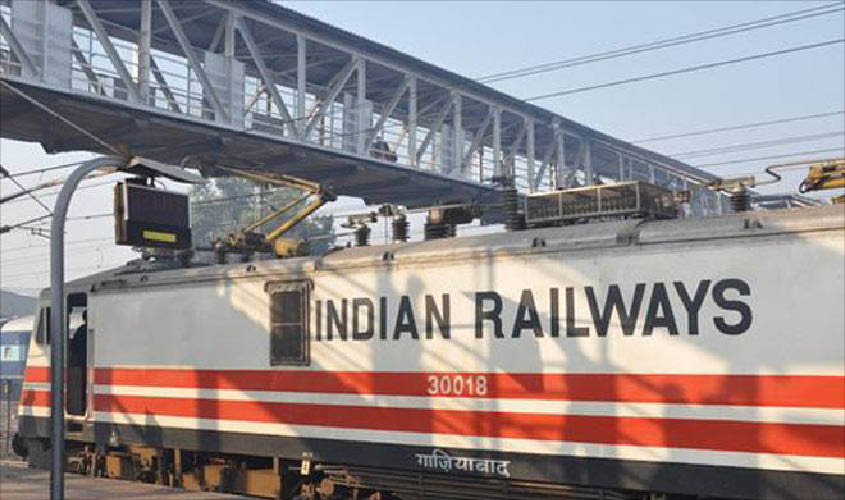Intense efforts of the Indian Railways authorities to maintain punctuality of trains seem to be bearing fruits. An internal report prepared on the actual running timings of the trains across zones between 17 and 23 September shows they are successful in arresting the downward spiral in maintaining train timings to a large extent and most of the trains are running almost on time these days.
The country’s largest transporter had come under severe criticism some time ago as most of the passenger trains were running behind schedule. The railway authorities worked to a plan and took drastic steps to check the inordinate delays of the trains across the country. The report was prepared to carry out a detailed analysis of the timings of the trains and pinpoint reasons behind their delays.
According to the report, copies of which have been accessed by The Sunday Guardian, 90% of trains are running perfectly on time in 21 out of total 68 of its divisions. Ranchi division has achieved cent per cent success on the punctuality front, followed by Bhavnagar with 99.35% of the trains operating through this division running on time.
Firozpur division in the zone has also registered a good performance with 87.8% success rate, followed by Ambala division with 85.17% punctuality. However, Allahabad division remains at the nadir with only 40.87% trains running on time, while Lucknow division is the second worst performer with a meagre 48.06% success rate. Muradabad division is a little better at 56.28%.
Speaking zone-wise, Northern zone, which was one of the worst performers, has phenomenally improved its performance on this count. Earlier, as many as 60% of trains operating through the all-important Delhi division that the zone houses were running infinitely and indefinitely late. But now, as per the report, 82% trains are running on time in this division.
Though a lot of improvement has been observed in trains keeping time across the country, North and North-Central zones still remain the culprits in ruining the railways’ party. A number of steps are being taken by the authorities concerned to improve their performance in the coming days. The officials have been told to take every case of delay seriously and deal with each of them separately.
Three key areas have been identified for monitoring by the divisions at their end: work on rescheduling needs of the trains passing through the division concerned, at least ensure timely start of the trains originating from that particular division and closely coordinate with neighbouring divisions to maintain the punctuality of intra-zonal trains.
As far as rescheduling is concerned, the railway authorities have revised the timings of many trains, including some premium ones. In Northern zone alone, the timing of as many as 93 trains has been revised by changing their arrival time at the terminal stations by 15 minutes to 1 hour.
Asked if the timings have changed to give the trains enough time to make up for the delay, railway officials told The Sunday Guardian that it is a wrong perception as it is just not possible given the complexities involved in cross-running of trains across so many divisions and zones. They said that it has been done due to the safety and infrastructure repair work that is being carried out at different sections.
Such work affects the scheduled arrival of the trains on major stations and thereby inconveniencing passengers who want to reach their destination at a particular time to attend a pre-fixed appointment or take up further journey. So change in timings will enable such passengers to plan their itinerary based on the time-tabled arrival time of the trains and save them from unnecessary and unforeseen hassles.
The officials also explained that the timings have been changed only for the last leg of the journey of the trains so as not to affect their departure timings or their superfast character. Also, the advance reservation period for these trains remains unchanged, they added.

